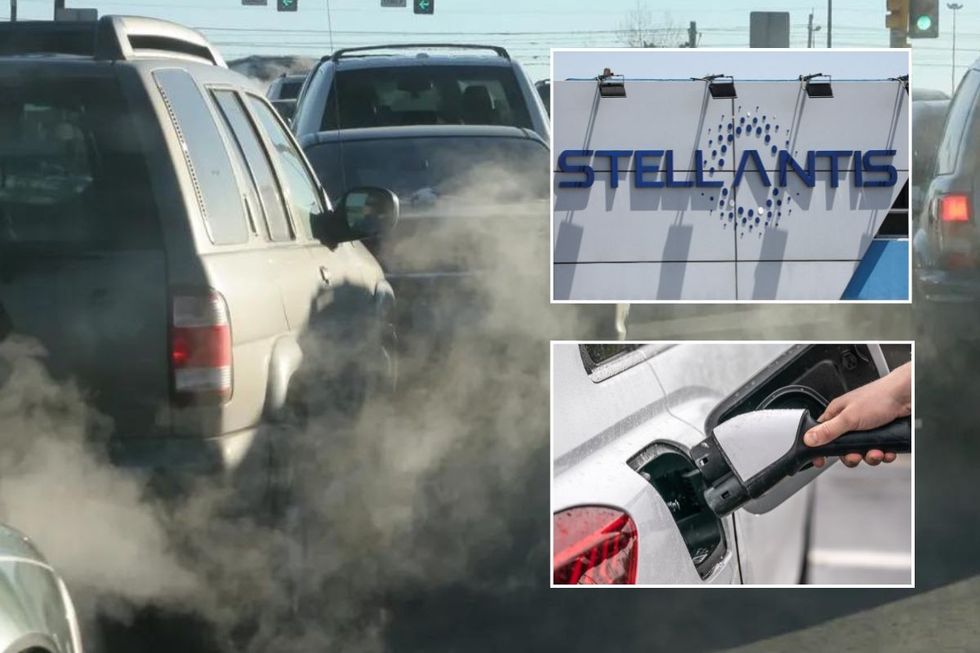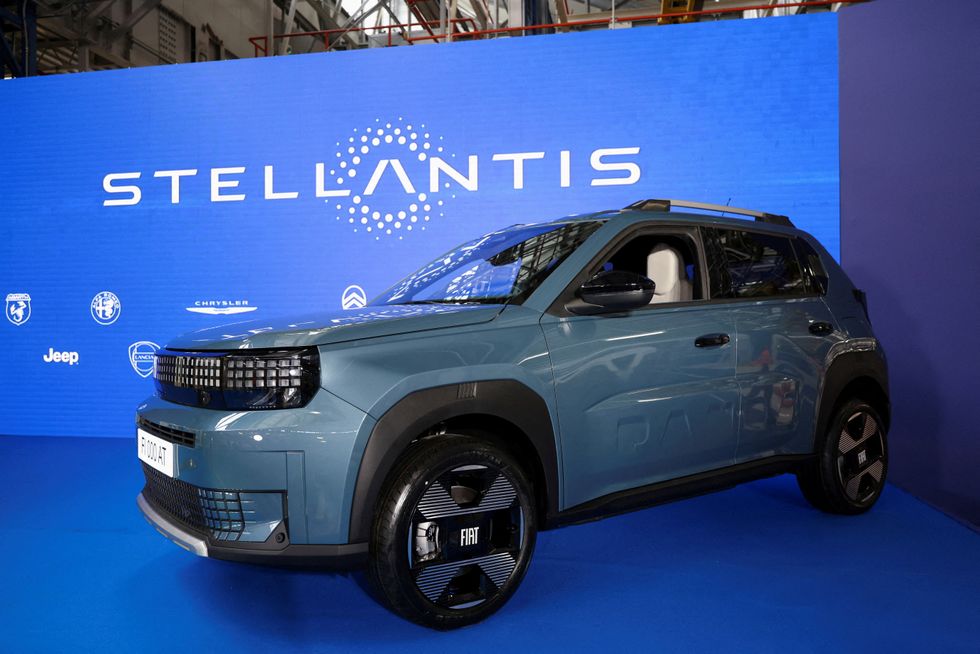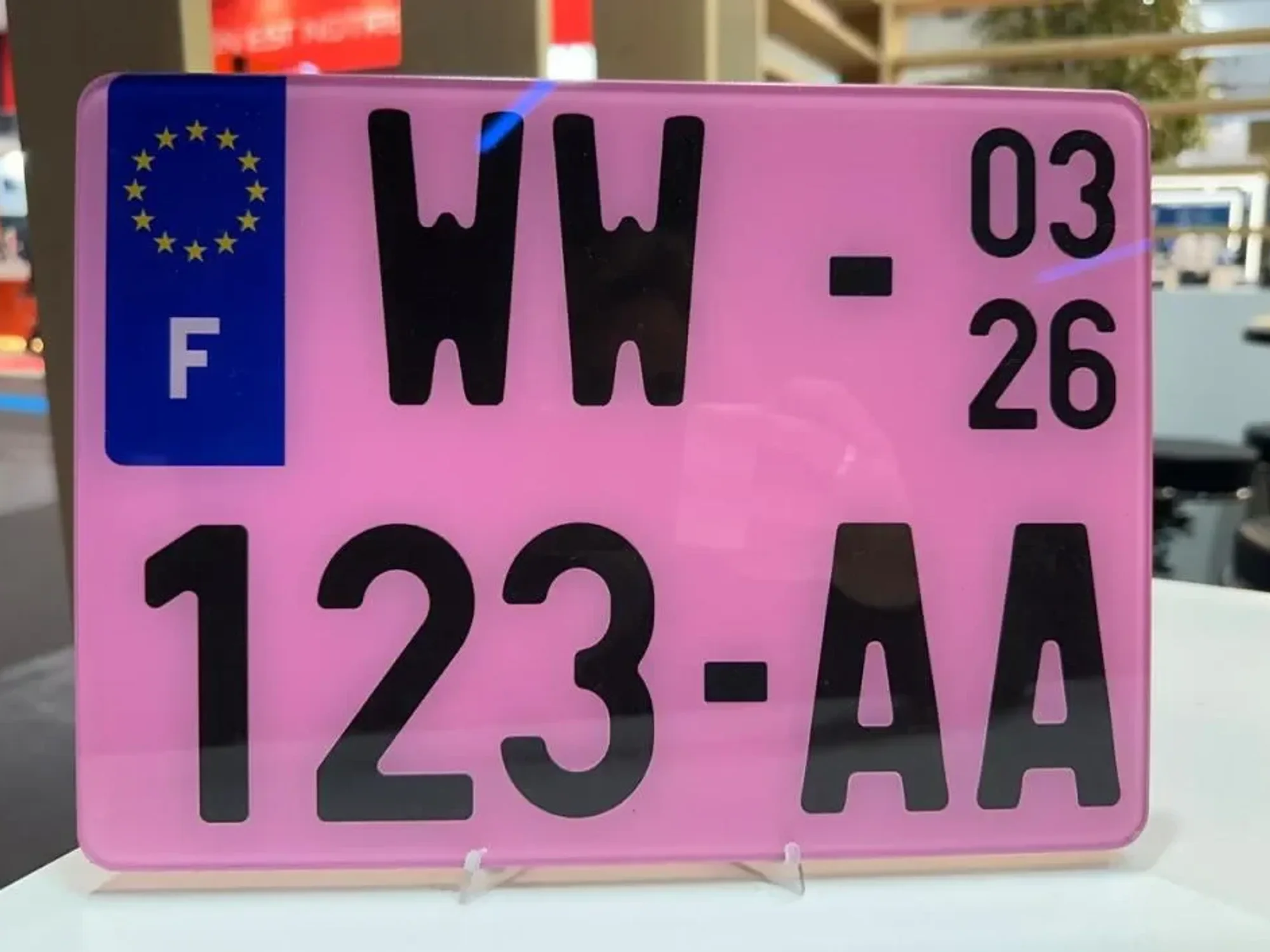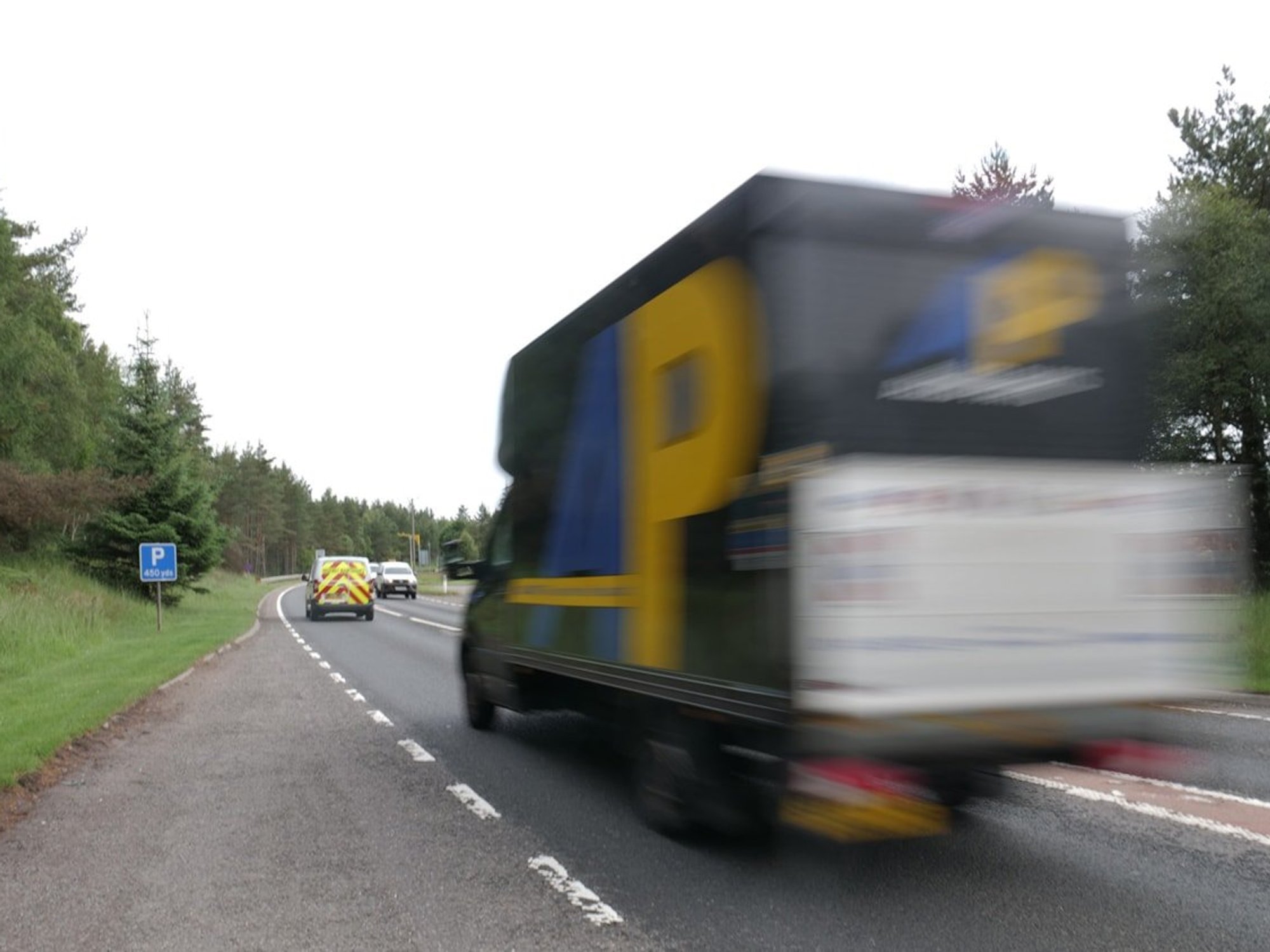Stellantis boss warns electric car switch could 'crash the automotive industry' - 'The market is not there'

The European Union will ban the sale of new petrol and diesel vehicles from 2035
Don't Miss
Most Read
Major European car companies have issued stark warnings about the viability of current electric vehicle adoption goals, with industry leaders preparing to present emergency proposals to EU officials next week.
Jean Philippe Imparato, who heads Stellantis, has emerged as a vocal critic of existing targets, stating they are "not reachable" and warning they "could crash the automotive industry in Europe".
According to Imparato, projections made six to seven years ago anticipated that electric vehicles would capture 25-30 per cent of the market by 2025, but actual adoption rates have fallen far short.
Speaking at the IAA Mobility Show in Munich, he said: "The market is not there, economical customers are not there, the charging infrastructure is not there, and the pricing is not there."
Do you have a story you'd like to share? Get in touch by emailing motoring@gbnews.uk

Stellantis is urging the European Union to introduce new automotive rules
|GETTY/REUTERS
The industry coalition has developed a comprehensive four-point plan aimed at establishing more realistic objectives whilst maintaining environmental commitments.
At the heart of the manufacturers' proposal is an ambitious plan for a budget-friendly urban electric vehicle, priced at 15,000 Euros (£12,989), designed specifically for city driving with an estimated range of 70 miles.
This affordable model would require significant regulatory concessions from Brussels, particularly regarding crash safety standards.
Mr Imparato revealed that compliance with current safety regulations adds roughly €1,500 (£1,298) to each vehicle's production cost - essentially doubling the manufacturing expense.
He added: "We propose to revamp and revolutionise the A-segment in Europe. More than 20 per cent of the market is below €20,000 (£17,317). People don't have the money to buy cars over €40,000 (£34,636)," Auto Express reported.
The Stellantis chief emphasised that such a vehicle would need special homologation to achieve the target price point, but that "tonnes of drivers would love" to see such a vehicle.
The manufacturers' strategy includes an innovative approach to removing older vehicles from European roads, with Imparato highlighting that the continent's car fleet averages 12 years old and includes 150 million vehicles exceeding a decade in age.
Rather than seeking financial subsidies for vehicle scrappage programmes, the industry proposes receiving carbon dioxide credits when older models are replaced.
LATEST DEVELOPMENTS:
Imparato calculated that exchanging a 2010 vehicle for one manufactured within the past three years could reduce emissions by 76 grams per kilometre.
"We don't need money, we need the credit of CO2," Mr Imparato stated, advocating for an annual target of removing 10 per cent of the oldest vehicles from circulation.
This approach would allow manufacturers to improve their environmental compliance records whilst encouraging fleet modernisation without requiring direct government funding.
The comprehensive reform package extends beyond the budget city car proposal, with manufacturers advocating for more nuanced support mechanisms that would specifically benefit smaller B-segment electric vehicles rather than blanket subsidies across all EV categories.

Stellantis is calling for more guidance ahead of the EU's 2035 ban on new sales of petrol and diesel vehicles
| REUTERSThe industry representatives also seek a revised framework for electric commercial vehicles, proposing average EV targets spread across multiple years rather than rigid annual quotas.
Mr Imparato noted that electric vans represent approximately 10 per cent of Stellantis's EV sales, while the company commands nearly one-third of Europe's light commercial vehicle market.
He added: "We need less discussions and more actions. We would like to stop discussions and act now."
The Stellantis executive stressed that immediate intervention remains crucial for protecting both manufacturers and suppliers, ensuring the electric transition can proceed without jeopardising the industry's long-term sustainability.











